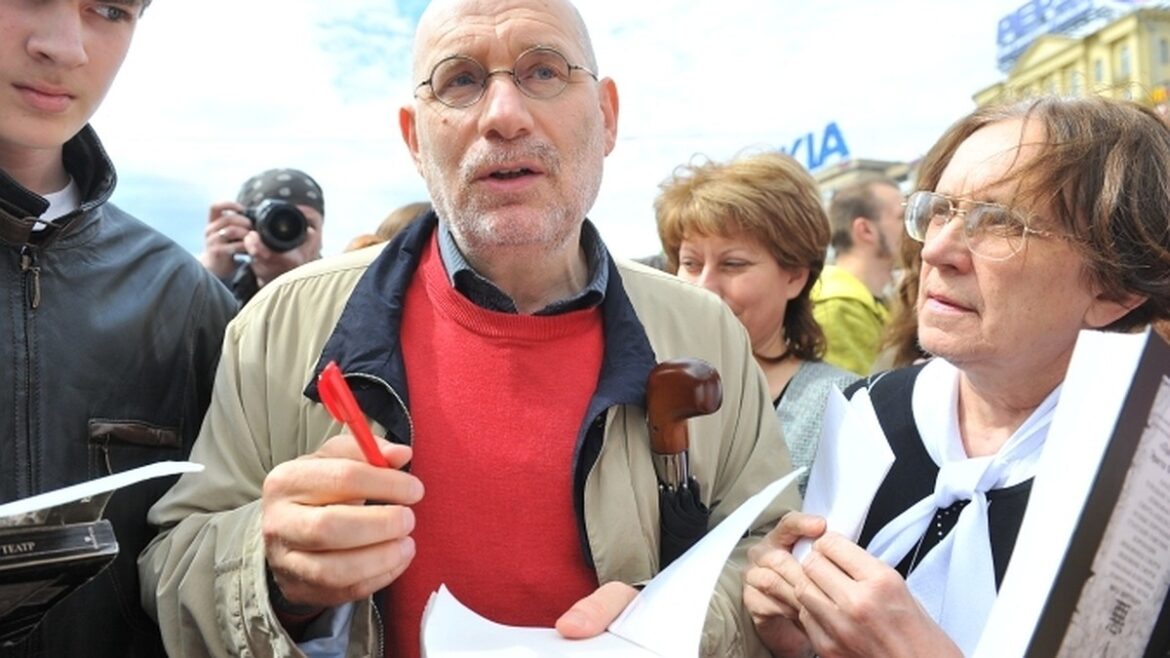On September 1, 2025, a new law came into force in Russia, completely barring individuals designated as “foreign agents” from engaging in educational or public outreach activities. Prominent writers, poets, and journalists are now legally prohibited from giving lectures, leading literary courses, participating in educational projects, or speaking to students.
The law affects internationally recognized Russian cultural figures, including:
- Boris Akunin, author of the History of the Russian State series and the bestselling Erast Fandorin detective novels;
- Dmitry Glukhovsky, writer of Metro 2033 and The Future;
- Dmitry Bykov, novelist, critic, and biographer of Pasternak and Mayakovsky;
- Viktor Shenderovich, satirist and author of Second Freshness and Insomnia;
- Alexander Arkhangelsky, novelist (Museum of the Revolution) and historian (1968), among many others.
These cultural figures, celebrated worldwide, are now barred from educating and enlightening audiences in their own country.
The law revokes “foreign agents’” licenses for educational activities, blocks access to grants and municipal support, and prevents collaboration with cultural and educational institutions. In practice, it forbids writers and poets from serving as teachers and educators on Russian soil.
According to GoGov, by the end of August, more than 1,060 journalists, scholars, human rights defenders, and writers had been registered as “foreign agents,” with new names added weekly. Each addition represents a further blow to culture, education, and freedom of speech in Russia.
International Response
PEN America called the law “destructive and repressive,” noting its significant impact on Russia’s cultural and educational life (pen.org).
Human Rights Watch stated that the new restrictions are aimed at suppressing critical voices, depriving citizens of access to information (hrw.org).
The law effectively turns Russia into a country without educators or independent literature. Where writers and poets once inspired generations and shaped cultural life, only propaganda and fear remain. This legislation is not a mere bureaucratic measure; it is a tool of systemic repression, stifling cultural and educational freedom.


